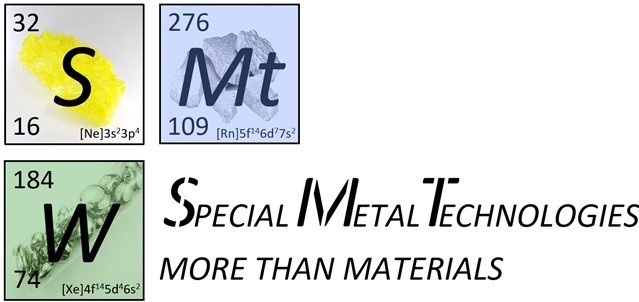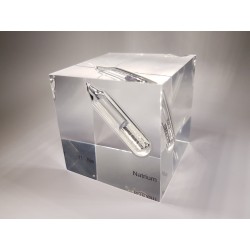- Shop
- Acrylic cubes
-
Elements
- Hydrogen
- Helium
- Lithium
- Beryllium
- Boron
- Carbon
- Nitrogen
- Oxygen
- Fluorine
- Neon
- Sodium
- Magnesium
- Aluminium
- Silicon
- Phosphorus
- Sulfur
- Chlorine
- Argon
- Potassium
- Calcium
- Scandium
- Titanium
- Vanadium
- Chromium
- Manganese
- Iron
- Cobalt
- Nickel
- Copper
- Zinc
- Gallium
- Germanium
- Arsenic
- Selenium
- Bromine
- Krypton
- Rubidium
- Strontium
- Yttrium
- Zirconium
- Niobium
- Molybdenum
- Technetium
- Ruthenium
- Rhodium
- Palladium
- Silver
- Cadmium
- Indium
- Tin
- Antimony
- Tellurium
- Iodine
- Xenon
- Cesium
- Barium
- Lanthanum
- Cerium
- Praseodymium
- Neodymium
- Promethium
- Samarium
- Europium
- Gadolinium
- Terbium
- Dysprosium
- Holmium
- Erbium
- Thulium
- Ytterbium
- Lutetium
- Hafnium
- Tantalum
- Tungsten
- Rhenium
- Osmium
- Iridium
- Platinum
- Gold
- Mercury
- Thallium
- Lead
- Bismuth
- Polonium
- Astatine
- Radon
- Francium
- Radium
- Actinium
- Thorium
- Protactinium
- Uranium
- Neptunium
- Plutonium
- Americium
- Curium
- Berkelium
- Californium
- Einsteinium
- Fermium
- Mendelewium
- Nobelium
- Lawrencium
- Rutherfordium
- Dubnium
- Seaborgium
- Bohrium
- Hassium
- Meitnerium
- Darmstadtium
- Roentgenium
- Copernicium
- Nihonium
- Flerovium
- Moscovium
- Livermorium
- Tennessine
- Oganesson
- Buch
- References
- Periodic Tables
- Metalle Wimmer
- Metametals
Sodium
Sodium, with the chemical symbol Na, is a reactive alkali metal and one of the most abundant elements on Earth. It was first isolated in 1807 by the British chemist Sir Humphry Davy through the electrolysis of sodium hydroxide. The name "sodium" is derived from the Latin word "natrium," which traces its origins to the Egyptian word "natron."
Sodium is found in the Earth's crust in various mineral compounds, primarily in the form of sodium chloride, commonly known as table salt. It ranks as the sixth most abundant element on Earth, constituting about 2.6% of the Earth's crust.
Exciting applications of sodium span across the food industry, medicine, energy generation, and metallurgy. It serves not only as an essential component of table salt but also in sodium vapor lamps for street lighting and as a coolant in nuclear reactors.
Future applications could emerge in the development of advanced battery technologies, as sodium is considered a promising candidate for safe and cost-effective energy storage due to its electrochemical properties. Sodium remains not only a fundamental element for the human body but also holds potential for innovative technologies in energy storage.
There is 1 product.
Active filters

